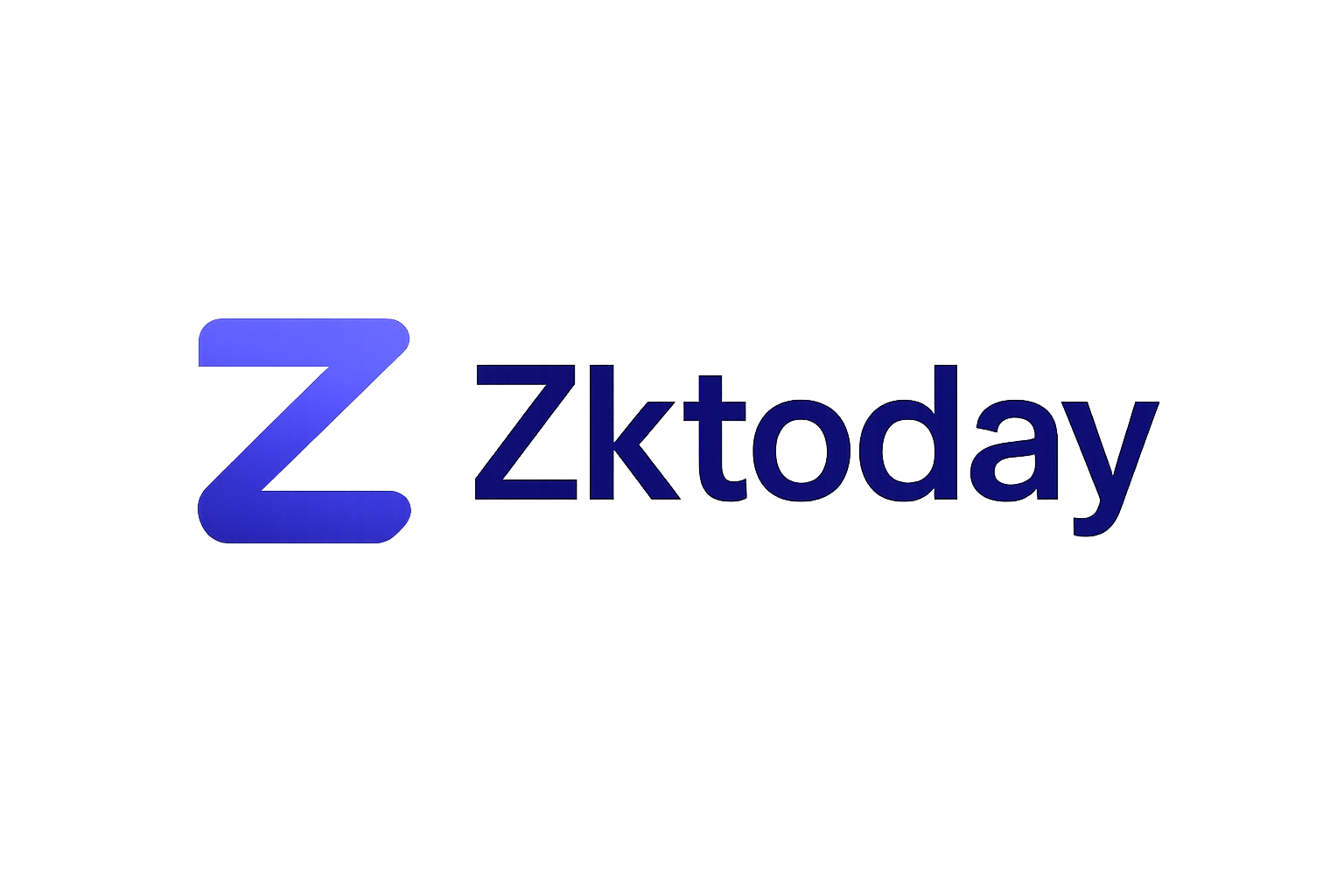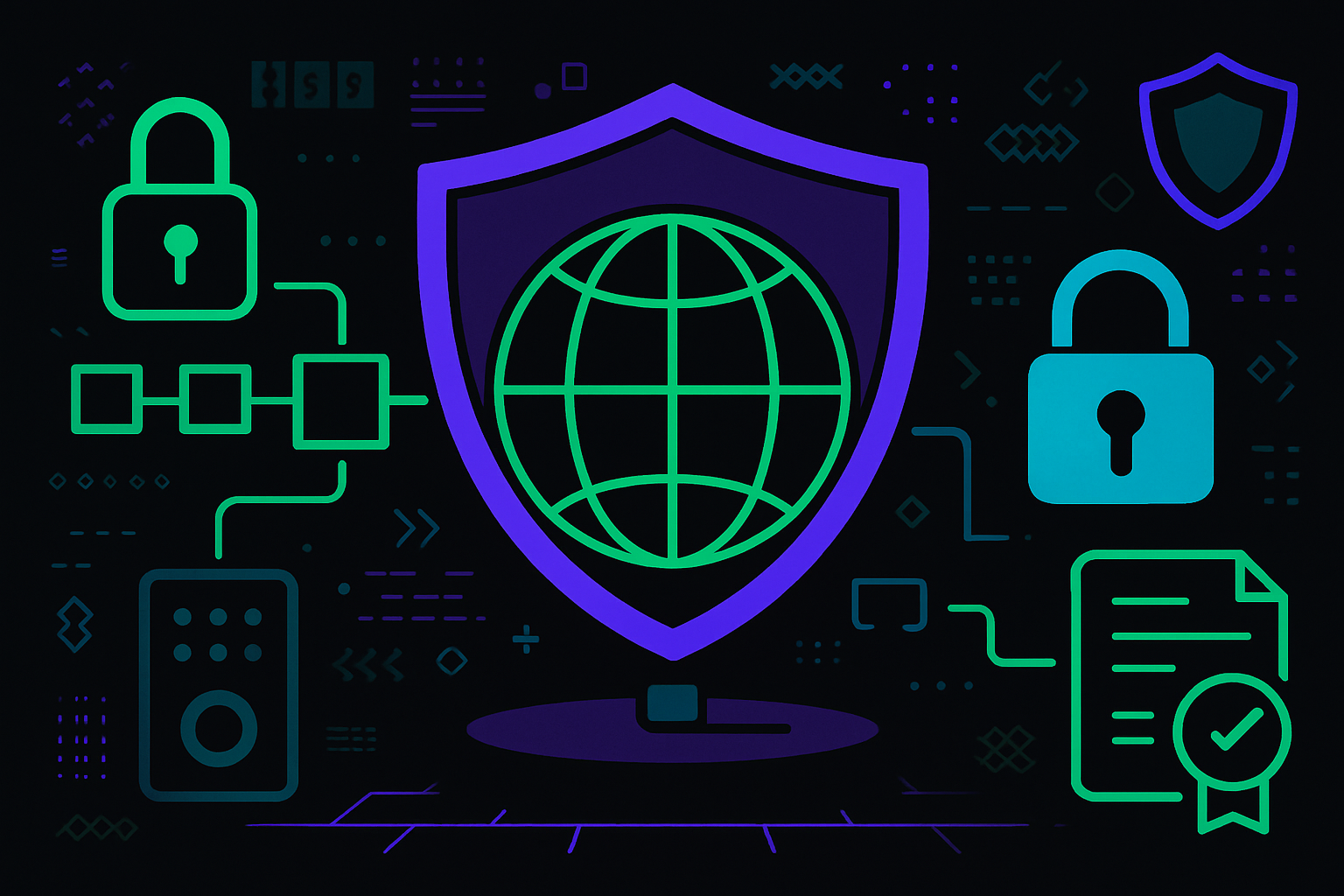
Zero-knowledge (ZK) rollups are rapidly redefining the architecture of privacy-first blockchain applications. As the demand for both scalability and confidentiality intensifies, ZK rollups have emerged as the technical linchpin enabling decentralized apps (dApps) to process high transaction volumes while safeguarding sensitive user data. This paradigm shift is driving a new generation of blockchain products that blend throughput, security, and privacy without compromise.
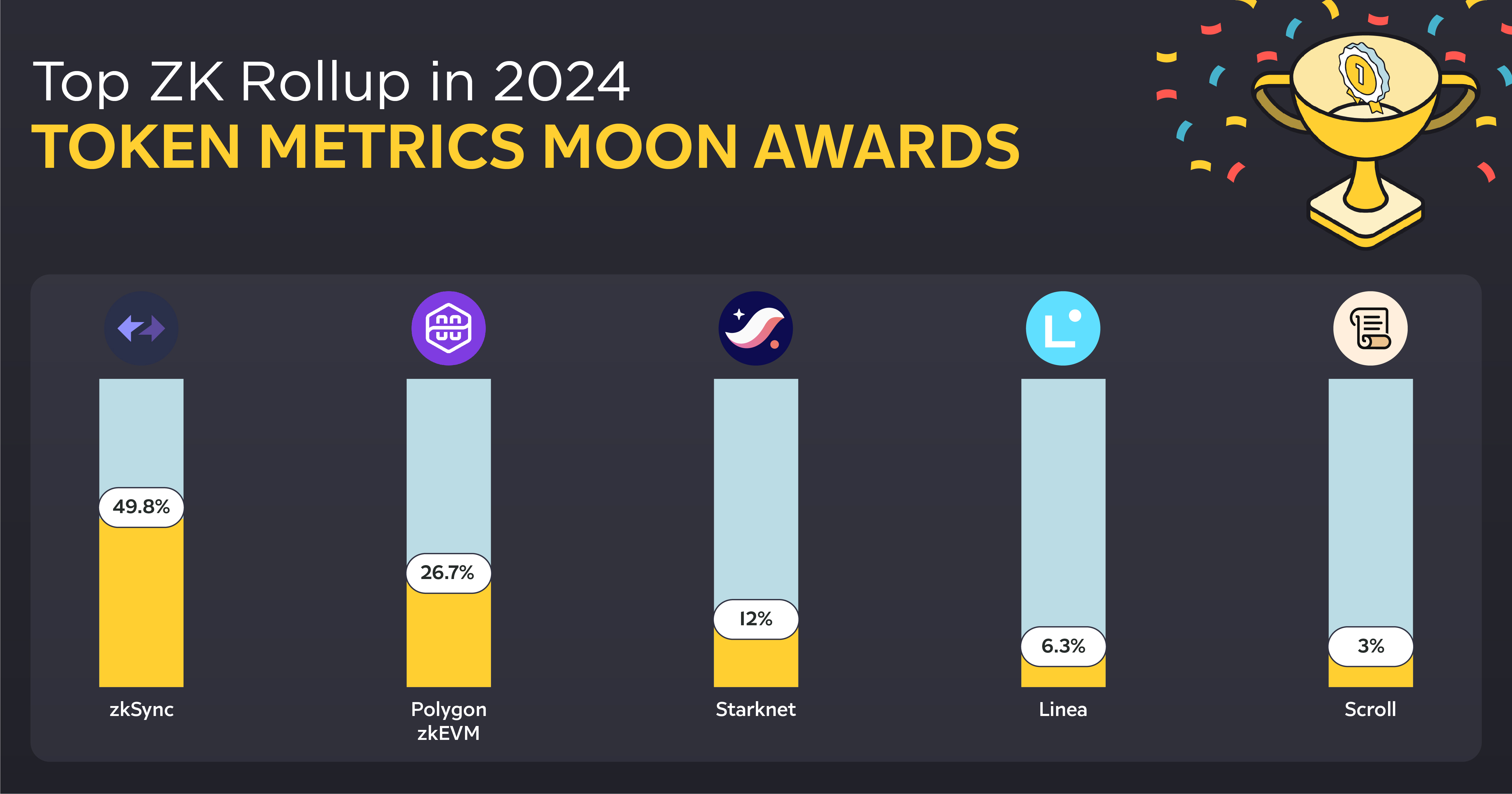
The Technical Foundations of ZK Rollups
At their core, ZK rollups batch hundreds or thousands of off-chain transactions into a single proof, which is then posted on-chain. This zero-knowledge proof attests to the validity of all bundled transactions without exposing individual details. The result: dramatically reduced on-chain data load and computational overhead, plus an inherent privacy layer that shields user activity from public scrutiny.
Unlike optimistic rollups, which rely on fraud proofs and challenge periods, ZK rollups use succinct cryptographic proofs (such as zk-SNARKs or zk-STARKs) for instant finality. This eliminates latency while enhancing security guarantees. For developers building privacy-first blockchain apps, this means users can interact with contracts or transfer assets with strong confidentiality assurances, an essential feature for sectors like DeFi, identity management, and supply chain tracking.
Leading Privacy-First Projects Leveraging ZK Rollup Technology
The race to implement robust privacy features atop scalable infrastructure has catalyzed a surge in innovative projects:
- Aztec Network: Aztec 2.0 represents a leap forward by combining private and public execution within a unified ZK rollup framework. Its hybrid model allows smart contracts to execute privately or transparently as needed, addressing Ethereum’s lack of built-in privacy while retaining composability.
- ZippyChain: By leveraging zero-knowledge proofs at the protocol level, ZippyChain enables confidential DeFi operations where balances and transaction metadata remain hidden even from network validators.
- zkLink: Tackling liquidity fragmentation across Ethereum Layer 2s, zkLink aggregates multiple L2 environments into a seamless Layer 3 solution powered by ZK rollups. It delivers high throughput and preserves both security and privacy across chains.
These platforms exemplify how ZK rollups are not just scaling solutions but foundational tools for building truly private web3 experiences, where users maintain sovereignty over their data without sacrificing performance.
Sectoral Impact: Beyond Scalability to Real-World Privacy Use Cases
The integration of zero-knowledge proofs within rollup architectures is unlocking novel applications across multiple domains:
- Decentralized Finance (DeFi): Protocols like zkSync and Loopring use ZK rollups to deliver low-cost swaps and transfers with minimal information leakage, critical for traders prioritizing both efficiency and anonymity. For deeper analysis on DeFi privacy mechanisms see our technical breakdown here.
- NFT Marketplaces: The ability to mint or trade NFTs with reduced fees, and without broadcasting every detail publicly, has improved user experience while protecting creator identities.
- Supply Chain Management: Immutable audit trails powered by ZK rollups ensure product provenance without exposing proprietary business relationships or logistics data.
- Identity Verification: Zero-knowledge protocols allow individuals to prove attributes (like age or citizenship) without revealing underlying documents, a breakthrough for compliance-heavy industries seeking GDPR alignment in web3 ecosystems.
This broad applicability underscores why major projects such as StarkNet, Polygon zkEVM, Scroll, dYdX, ImmutableX, Sorare, Argent, zkLend, Numio, and legacy pioneers like Zcash exploring sovereign rollup integrations, are doubling down on zero-knowledge technology as the backbone for future-proofed blockchain systems.
With privacy-first blockchain apps gaining momentum, the technical and economic implications of ZK rollups are coming into sharp focus. The ability to compress vast numbers of transactions into a single, verifiable proof not only reduces gas fees but also makes it economically viable for developers to build complex dApps that would otherwise be cost-prohibitive on Layer 1 chains. This is particularly evident in DeFi, where privacy-preserving swaps and lending protocols are attracting institutional interest due to their compliance-friendly architecture and minimized data exposure.
Crucially, ZK rollups are not a one-size-fits-all solution. The choice between zk-SNARKs and zk-STARKs, the configuration of privacy layers, and interoperability with existing protocols all influence the security model and user experience. Projects like Polygon zkEVM are pushing for full EVM compatibility with zero-knowledge proofs, while others such as Scroll emphasize developer usability and seamless migration from existing Ethereum dApps.
Challenges in Mainstream Adoption
Despite their promise, ZK rollups face non-trivial hurdles before mass adoption is realized. Generating zero-knowledge proofs can be computationally intensive and require specialized hardware or trusted setup ceremonies. Additionally, maintaining privacy in public blockchains introduces trade-offs around transparency and regulatory oversight, an ongoing debate as more enterprises enter the space.
Interoperability remains a technical challenge as well. Bridging assets between various Layer 2s or across ecosystems without compromising privacy or security is an active area of research. Solutions like zkLink’s aggregated Layer 3 approach hint at a future where fragmented liquidity and siloed privacy guarantees give way to unified, cross-chain experiences.
Top Privacy-First Apps Powered by ZK Rollups
-
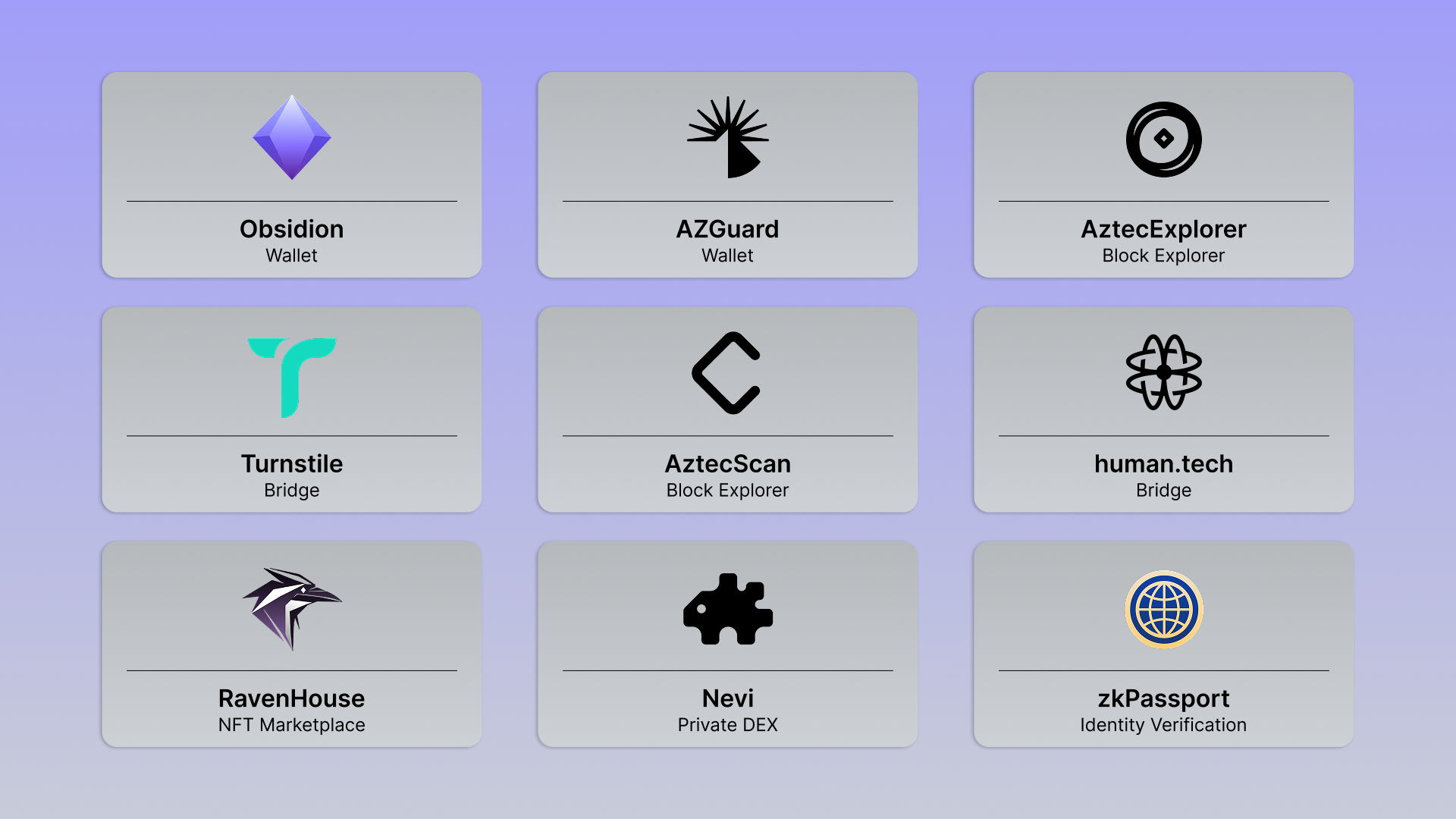
Aztec Network: A pioneering ZK Rollup platform enabling private smart contracts and confidential DeFi transactions, blending privacy and scalability on Ethereum.
-
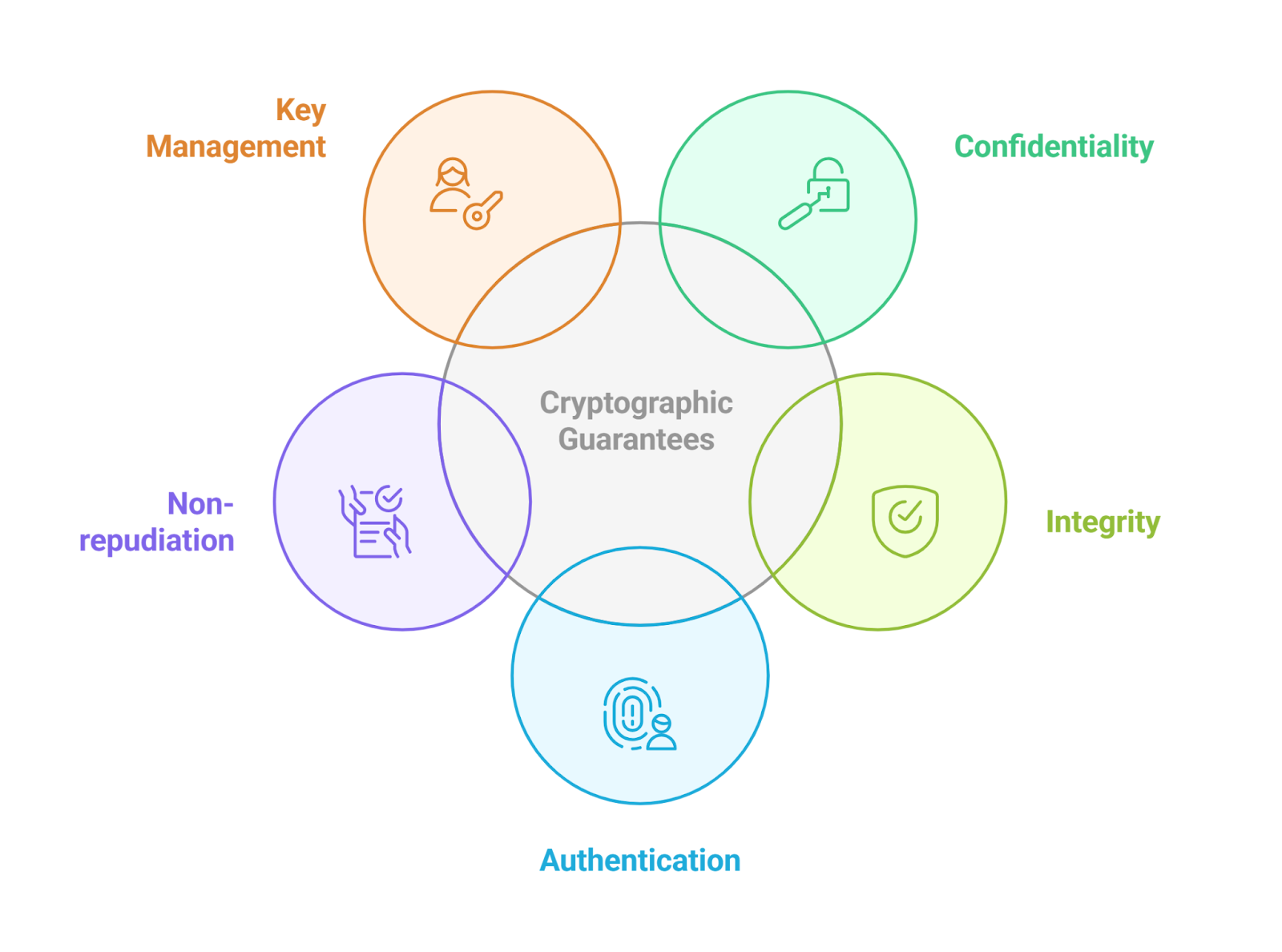
zkSync: A widely adopted Layer 2 ZK Rollup solution supporting private, low-cost DeFi transactions and NFT transfers, with a focus on user privacy and scalability.
-
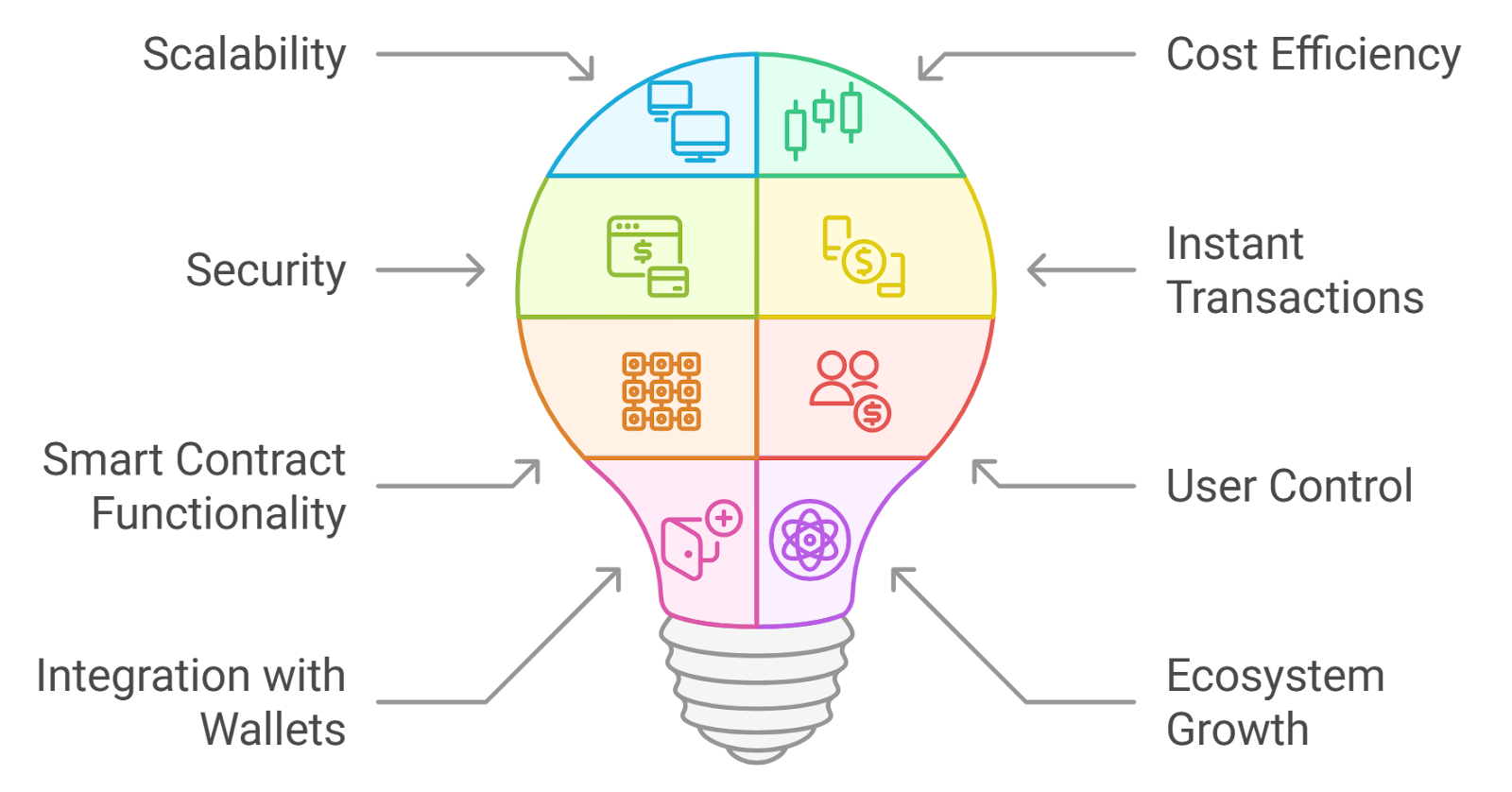
Loopring: An advanced ZK Rollup-based protocol powering private, high-speed decentralized exchanges (DEXs) and NFT marketplaces, minimizing transaction data exposure.
-
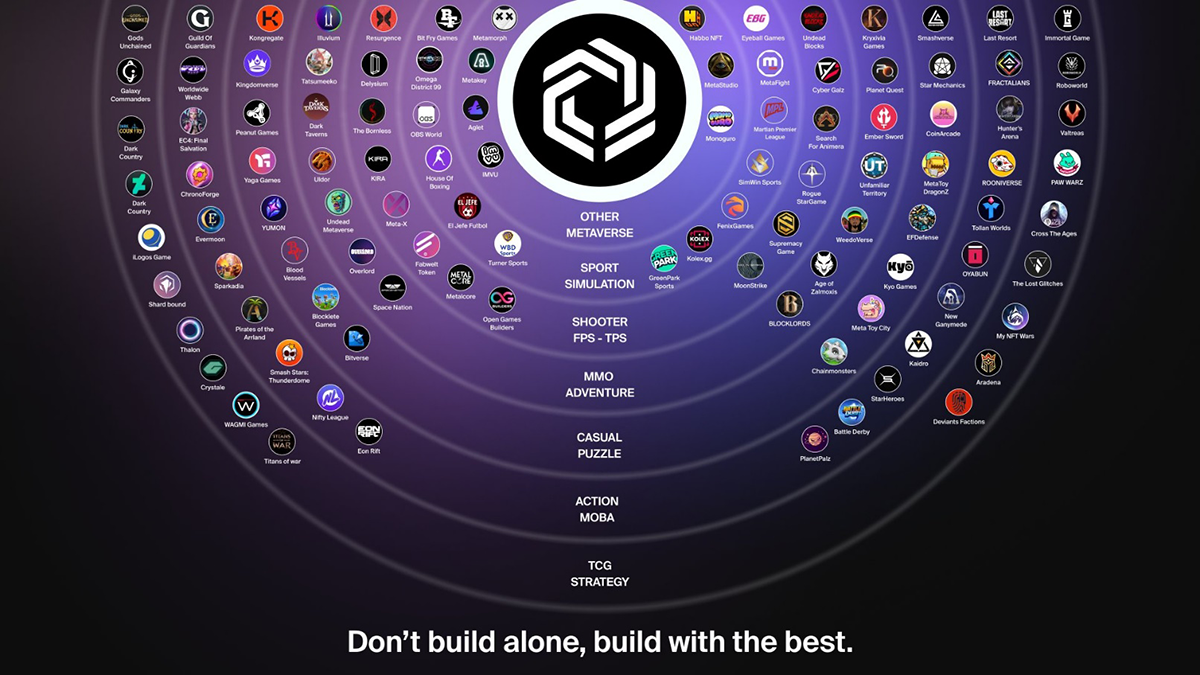
Immutable X: A leading NFT marketplace leveraging ZK Rollups for gas-free, privacy-preserving NFT minting and trading on Ethereum.
-
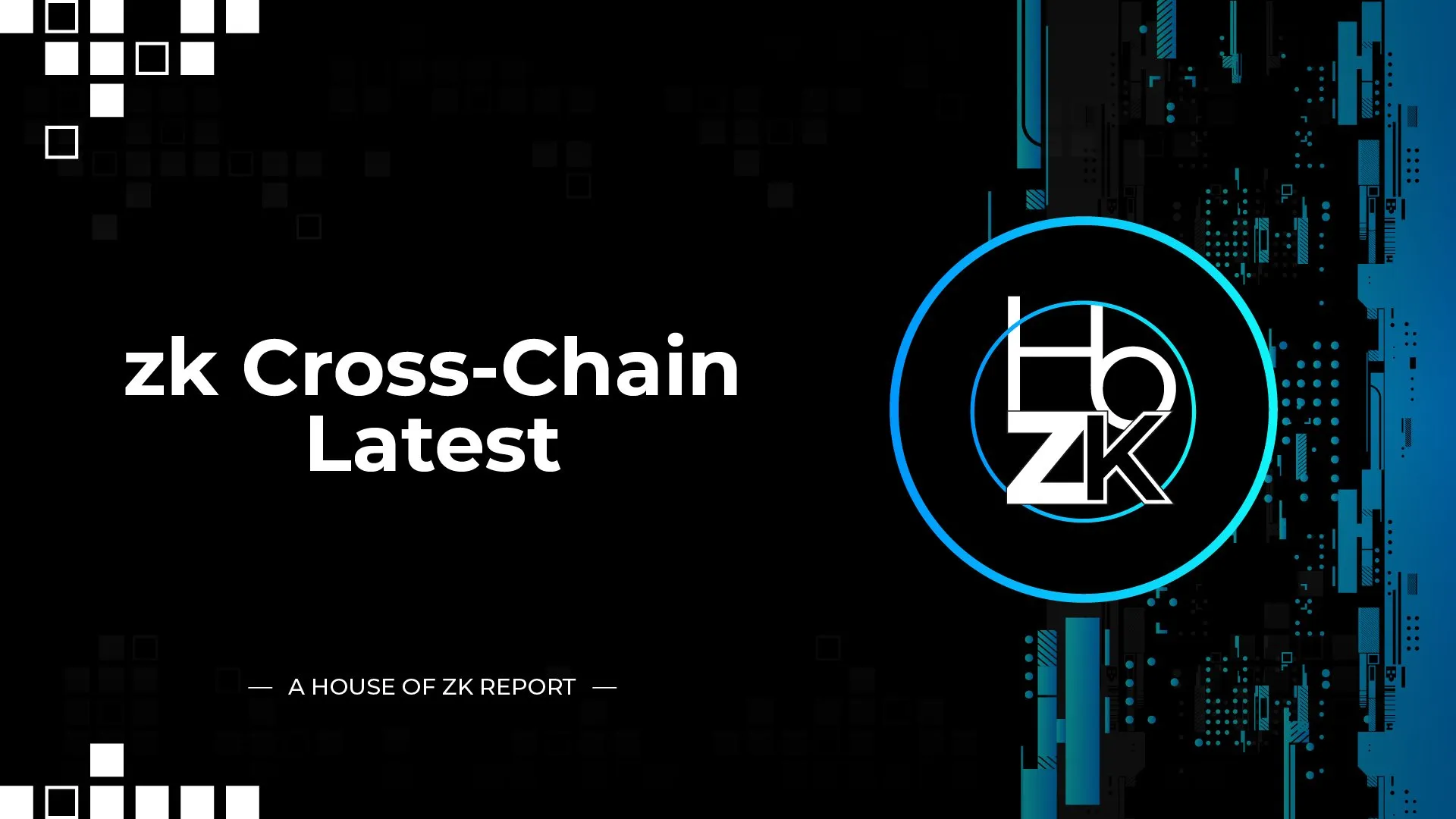
zkLink: Aggregates multiple Layer 2 networks with ZK Rollups, enabling private, cross-chain DeFi and NFT operations while maintaining Ethereum-level security.
-
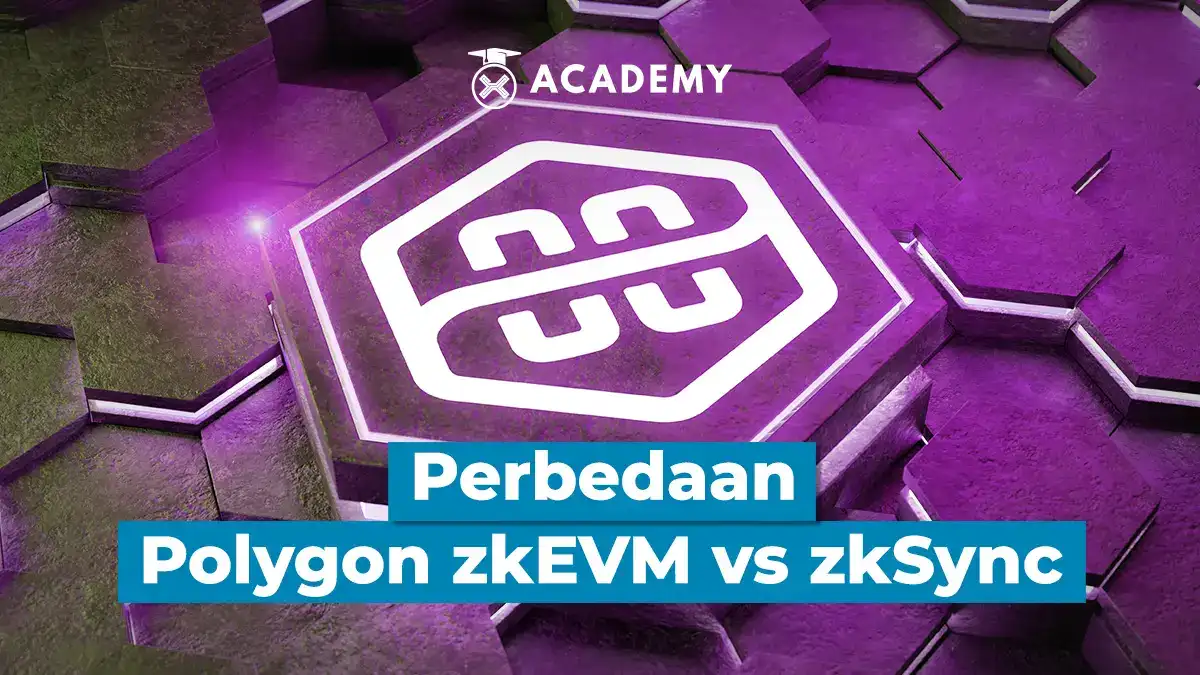
Polygon zkEVM: Polygon’s ZK Rollup-based EVM-compatible chain, supporting privacy-focused DeFi apps and NFT platforms with efficient, secure transactions.
-
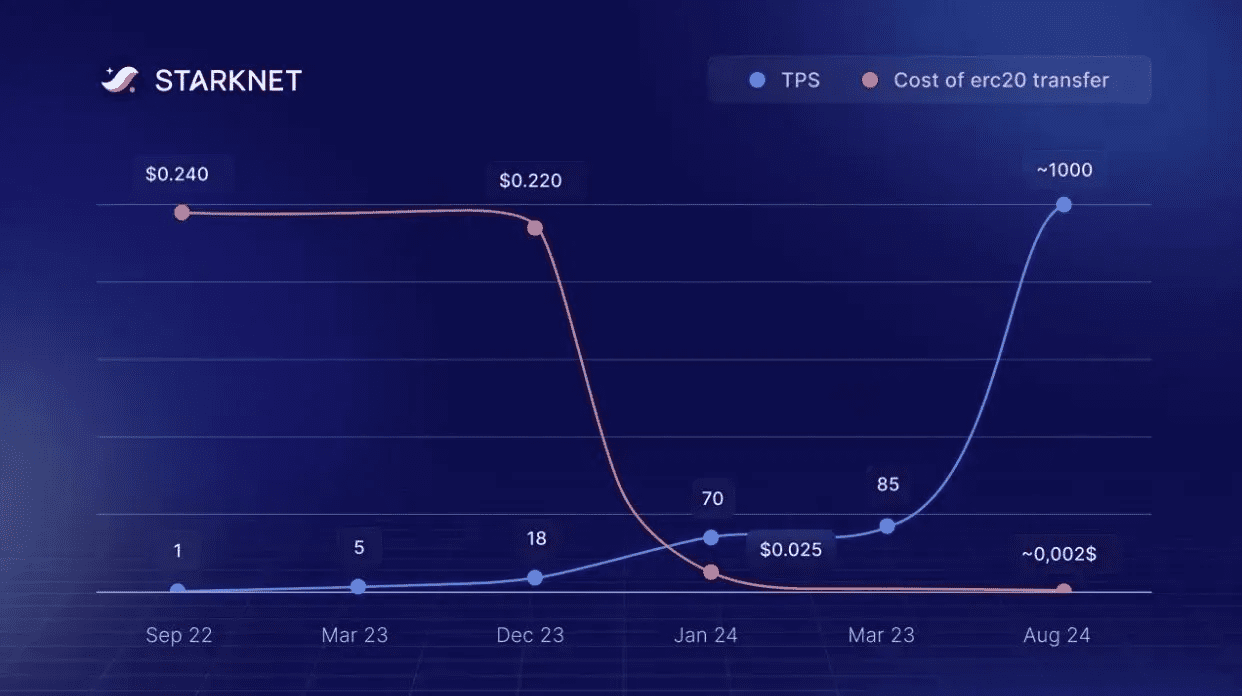
StarkNet: A general-purpose ZK Rollup platform enabling scalable, privacy-enhanced dApps across DeFi, NFTs, and more on Ethereum.
-
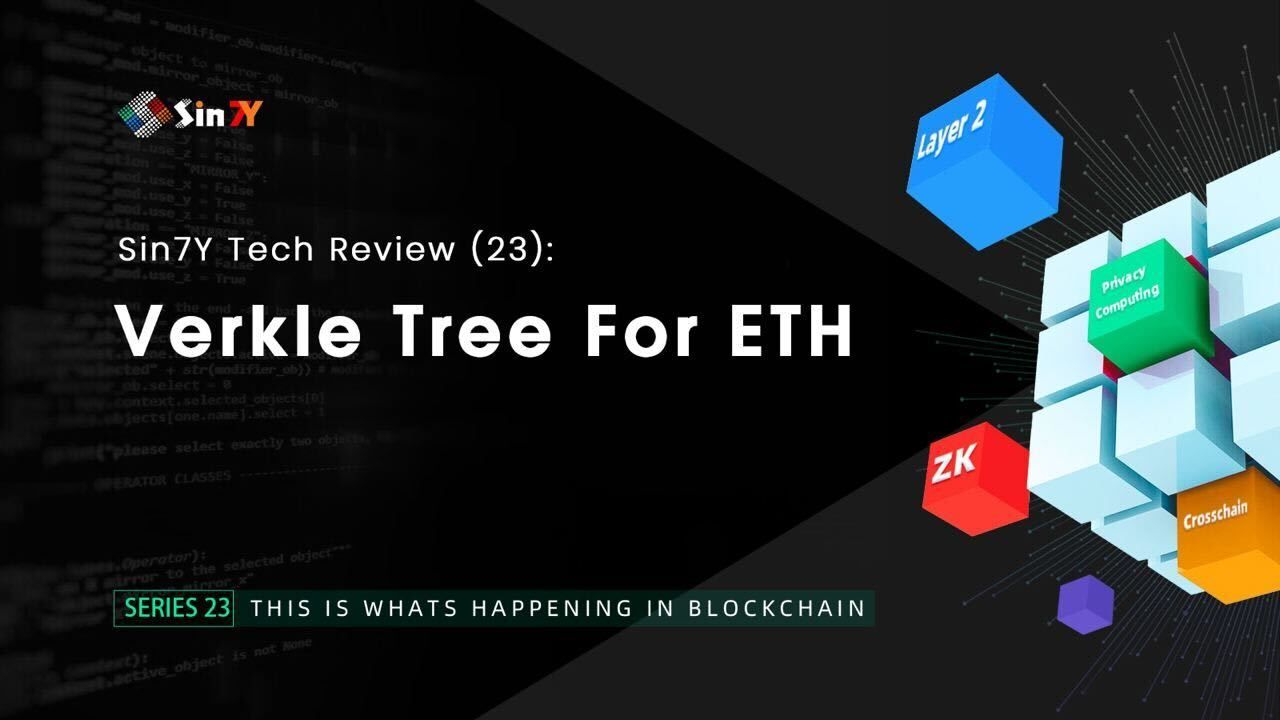
DeversiFi: A decentralized exchange utilizing ZK Rollups for private, high-throughput trading and asset management with minimal on-chain data.
-

Numio: An identity and payments platform leveraging ZK Rollups for private, secure identity verification and confidential crypto transactions.
-
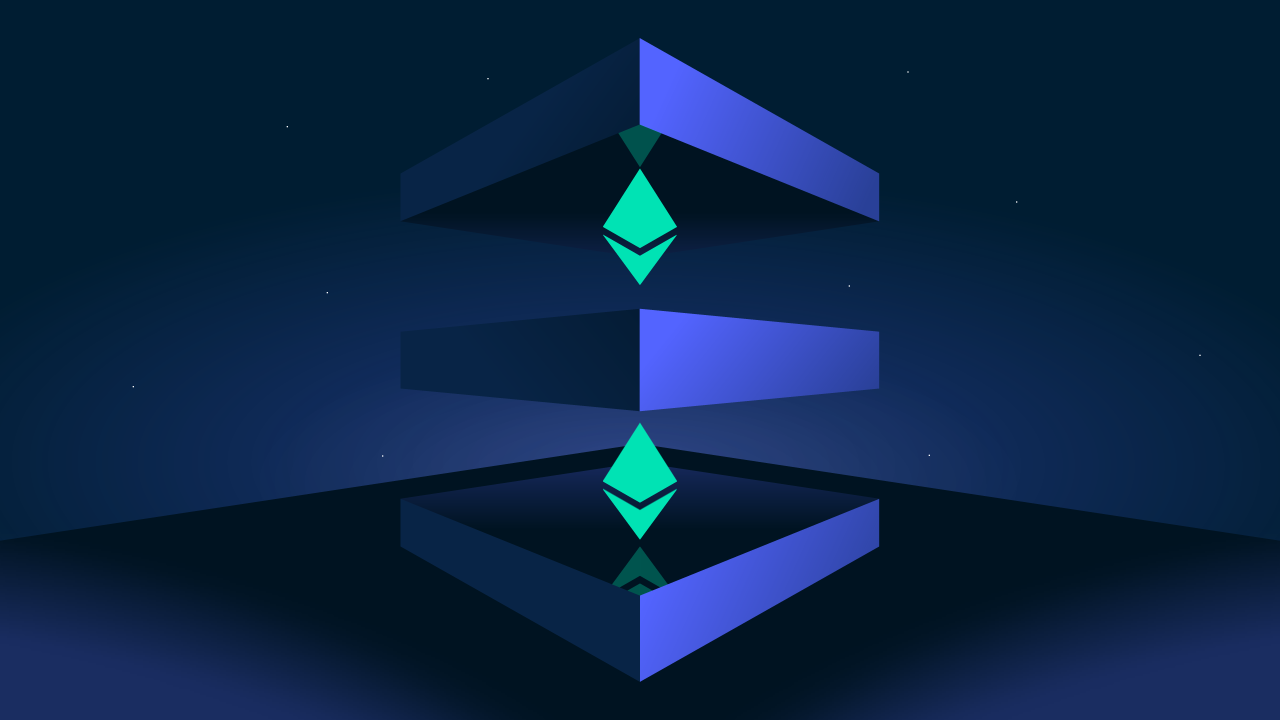
Celer Network: Employs ZK Rollups in its cBridge and inter-chain solutions to enable private, scalable asset transfers across multiple blockchains.
The Road Ahead: Scaling Privacy with Zero-Knowledge
The next wave of innovation will likely focus on optimizing prover efficiency, reducing latency for end-users, and abstracting away cryptographic complexity so developers can integrate privacy by default into any application layer. As zero-knowledge research matures, driven by both academic breakthroughs and open-source collaboration, the barriers to entry for building scalable private dApps will continue to fall.
For forward-looking teams building in web3’s privacy frontier, now is the time to experiment with modular ZK rollup frameworks that allow fine-grained control over data disclosure. Whether for programmable payments on Aztec Network or cross-chain asset transfers via zkLink, these tools are setting the stage for a decentralized internet where users, not intermediaries, determine what information is shared.
Developers interested in deep-diving into protocol design or scaling solutions can explore additional resources on how ZK rollups solve core blockchain limitations at our analysis here. For those focused on DeFi specifically, see this comprehensive guide.
The convergence of scalability and confidentiality through zero-knowledge technology signals a paradigm shift for blockchain infrastructure, one that could finally unlock mainstream adoption across regulated industries and consumer-facing applications alike.
